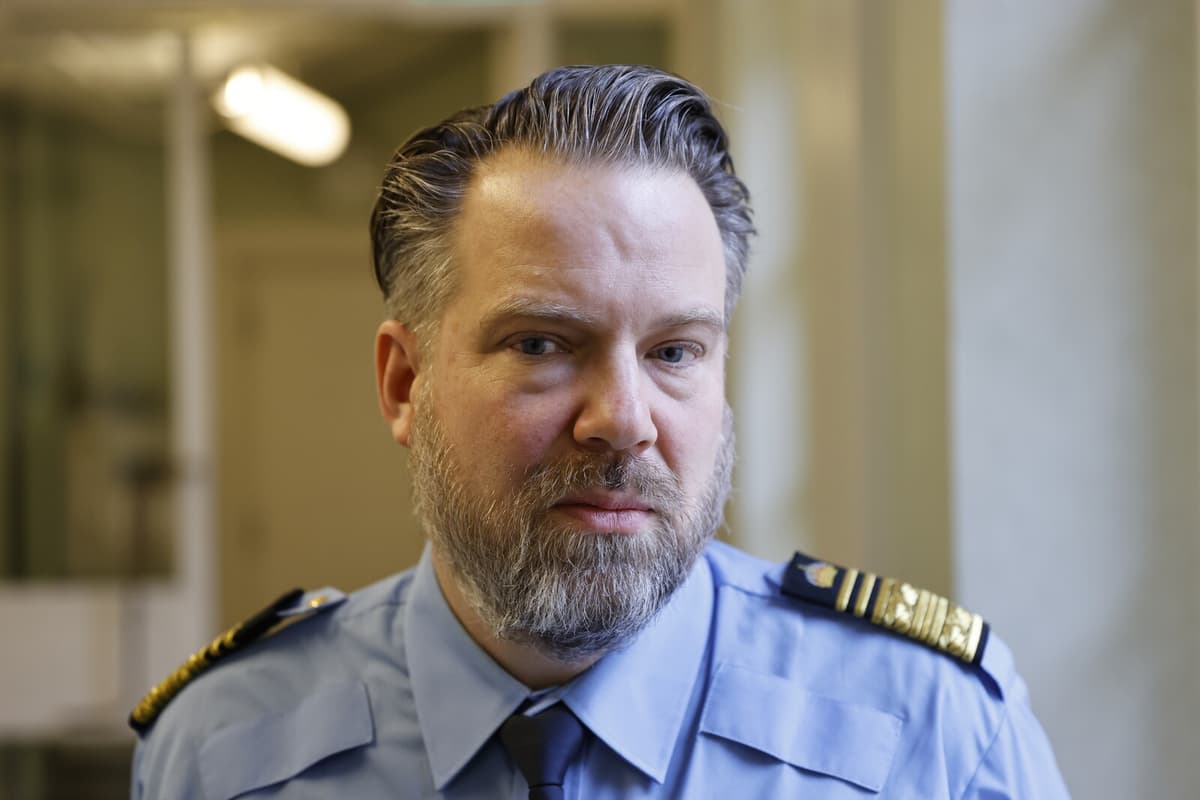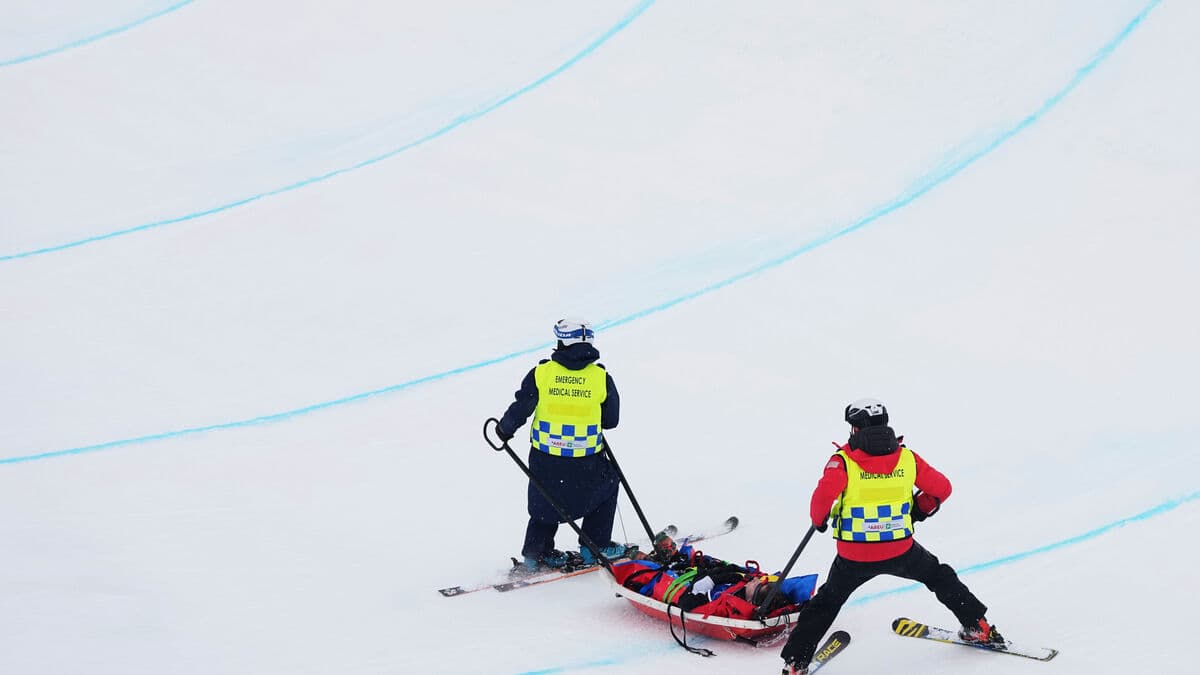124 internationally wanted individuals have been arrested abroad during the first six months of the year, compared to 86 during the same period last year, according to the police.
The latest case to make headlines involves a key figure in the Foxtrot network who calls himself "Dybala", who, according to SVT, was arrested in Iraq. Shortly before, gang leader Ismail "Jordgubben" Abdo was also arrested in a major operation in Turkey, where two others from his inner circle were also arrested, according to information provided to SVT Stockholm.
According to Johan Olsson, head of the police's National Operational Department, Noa, one explanation for the increased number of arrests abroad is that the police have become better at "piecing together the puzzle" surrounding the gang criminals and mapping the networks.
We see a lot more and can be more proactive higher up. In the first instance, it means that more people higher up see a risk of being prosecuted and move abroad.
Advertisement
International cooperation
At the same time, they have strengthened and continue to develop cooperation with many of the countries where the criminals are located.
We have intensified this work, with meetings and contacts, and called and traveled around to describe Swedish actors and the threat they pose to other countries and our country. When we have structured and purposefully shared that information, it yields results.
Meetings have taken place with authorities in, among other places, Turkey, the USA, Iraq, and Dubai.
Short-term impact
How significant can the consequences of individual arrests be in Sweden?
It may become a little calmer in parts of the country for a while, it can also lead to a counter-reaction that fosters more violence. But unfortunately, Sweden has problems with crime that have gone far beyond the prosecution of a single individual and then calming down. We know that these actors will be replaced.
The police must focus on the whole picture to be able to turn the trend, emphasizes Olsson. At the same time, the effects of the latest offensive abroad will largely depend on how the "opponents" adapt this time.
They have previously shown themselves to be good at finding new ways forward, he says.
That they would move abroad was fairly easy to predict. But that they found such effective ways to conduct criminal activities in Sweden without being able to come here, that was not easy to predict. It's a constant game of cat and mouse.
Advertisement
The police's National Operational Department (Noa) presented a mapping last autumn that showed that around 600 people spread across 57 countries are engaged in serious crime in Sweden. Now, that figure has increased to 700, as the police, in collaboration with other authorities, have identified even more. These are actors in the upper and middle echelons of the criminal hierarchy who are either Swedish citizens or have strong ties to Sweden. They are found partly in Europe, in countries such as Spain and the Balkans, and partly in the Middle East, North Africa, and also some in South America, according to the police.






